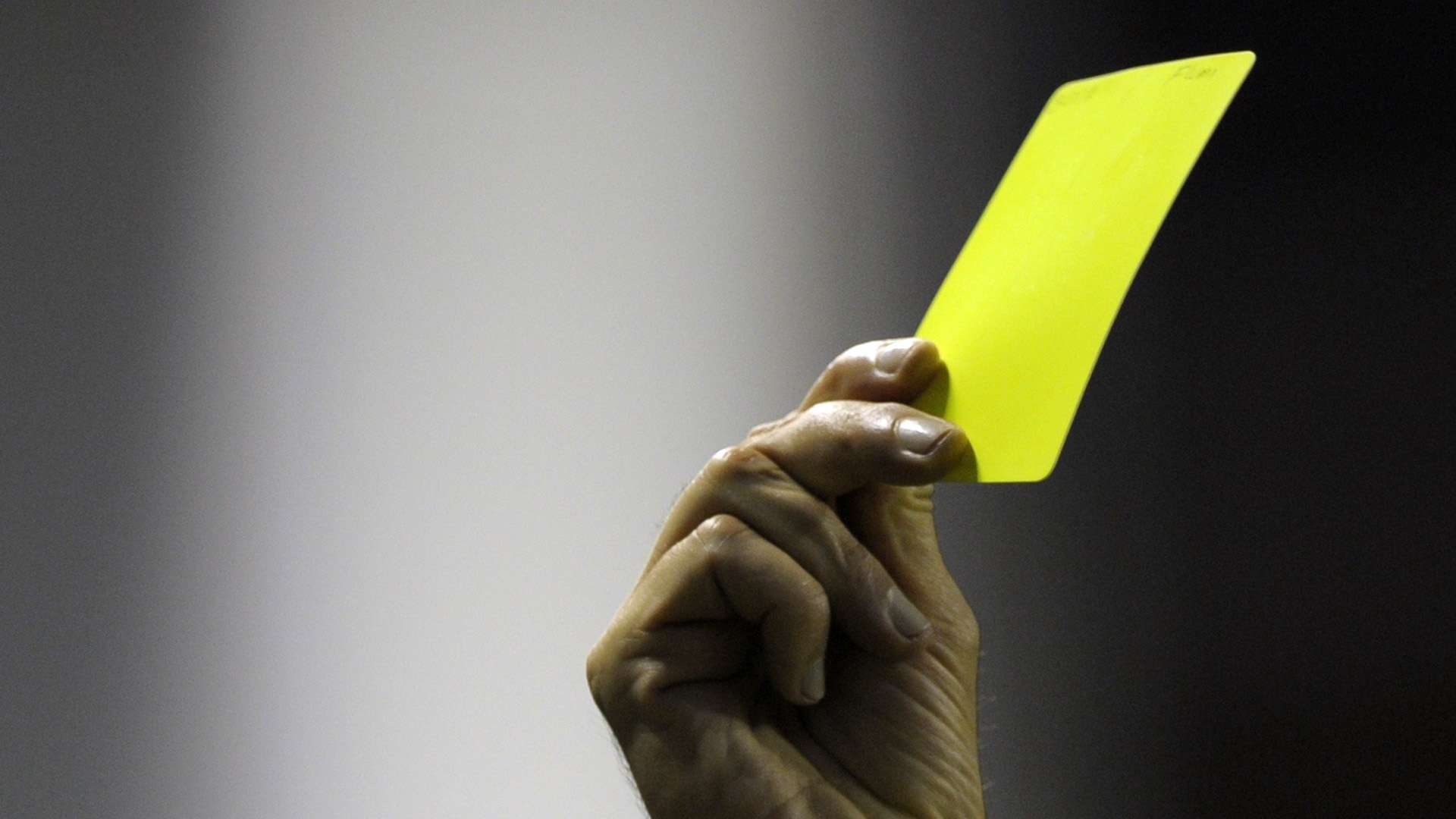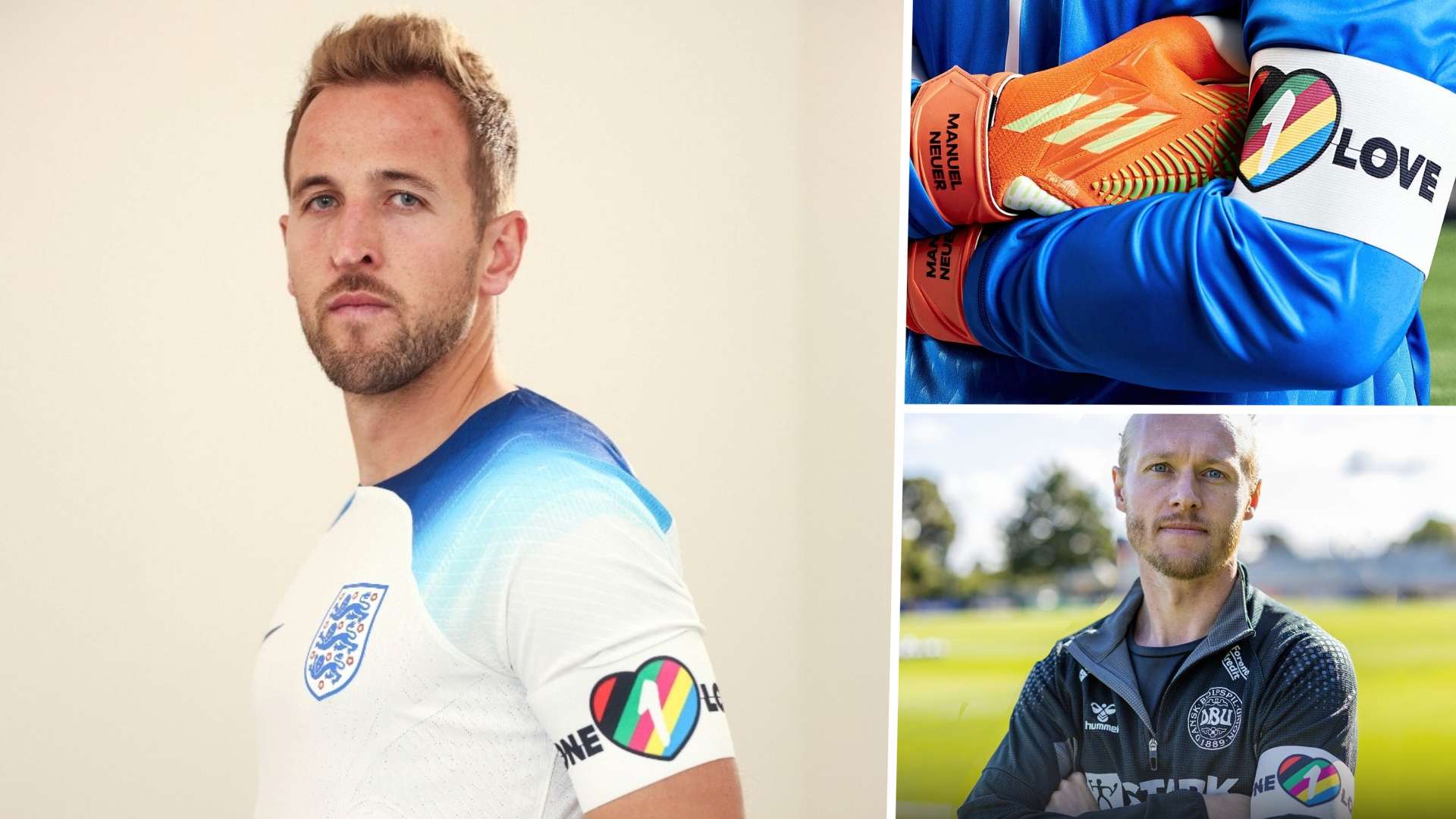- Caution threat for skippers
- Eager to promote message of inclusion
- Governing body have their own slogans
WHAT HAPPENED? Seven skippers at the 2022 World Cup in Qatar – with Wales, Denmark, Belgium, Germany and Switzerland also planning to be involved – have vowed to break FIFA rules by promoting inclusion and sending a message against discrimination while in Qatar. France are among those to have backed down, with there suggestions that pre-match cautions will be handed out to any player sporting accessories that are not sanctioned by FIFA.
WHAT THEY SAID: England captain Kane has said: “I think we’ve made it clear as a team and a staff and organisation that we want to wear the armband. I know the FA are talking to FIFA at the moment, and I’m sure by game-time tomorrow they will have their decision. But, yeah, I think we’ve made it clear that we want to wear it.”
Netherlands defender Van Dijk added, as he mulls over whether picking up a yellow card would be a hindrance to him as a centre-half: “Nothing changed from our point of view. If I will get a yellow card for wearing it then we would have to discuss it because I don't like to play while being on a yellow.”
THE BIGGER PICTURE: FIFA will not prevent players from wearing the rainbow armbands, but have made it clear that sanctions may be imposed as they promote their own slogans of: #NoDiscrimination, #SaveThePlanet, #ProtectChildren and #BeActive. FIFA’s laws dictate that: “No item [of playing kit or other clothing or equipment or otherwise] may be worn or used in any controlled area if FIFA considers that it is dangerous, offensive or indecent, includes political, religious, or personal slogans, statements, or images, or otherwise does not comply in full with the laws of the game.”
IN THREE PHOTOS:
 Getty Images
Getty Images Getty Images
Getty Images Getty Images
Getty ImagesWHAT NEXT? FA chief executive Mark Bullingham has told BBC Radio 4 that England, who are due to get their campaign at Qatar 2022 up and running against Iran on Monday, could explore other options if FIFA threats to hand out cards are upheld, claiming that there may be “another way to show our values”.
